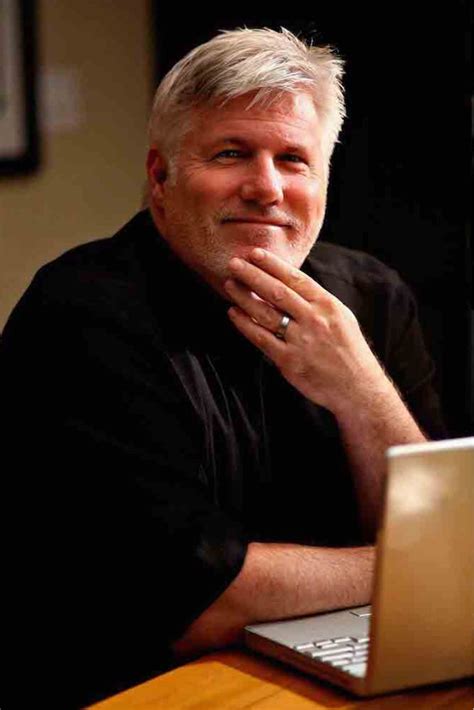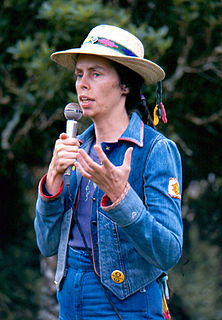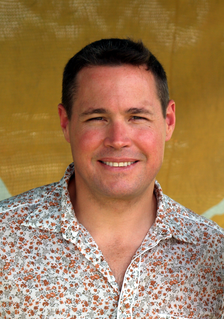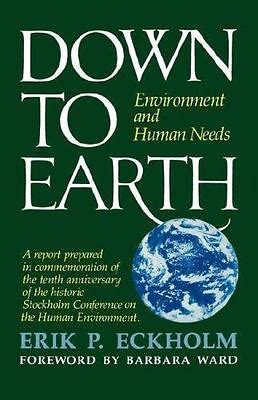A Quote by E. O. Wilson
If enough species are extinguished, will the ecosystems collapse, and will the extinction of most other species follow soon afterward? The only answer anyone can give is: possibly. By the time we find out, however, it might be too late. One planet, one experiment.
Related Quotes
Researchers keep identifying new species, but they have no idea about the life cycle of a given species or its other hosts. They cut open an animal and find a new species. Where did it come from? What effect does it have on its host? What is its next host? They don't know and they don't have time to find out, because there are too many other species waiting to be discovered and described.
The early Triassic was a period when the planet was recovering from the worst mass extinction it had ever known - that was the end Permian extinction, where climate change caused in part by mega-volcanic eruptions wiped out ninety-five percent of life on Earth. It took about ten or twenty million years for the planet's ecosystems to stabilize. During that time you saw a lot of weird, out-of-balance ecosystems where, for example, crocodile-like predators ripped the crap out of each other along the coasts.
Many scientists would argue that we are now in what is called Extinction, and it's caused by this perfect extinction storm: climate change, habitat loss, pollution, unsustainable exploitation of species and habitat resources, and of course, human population explosion. All of these factors work together and conspire to drive a species to extinction on our planet, every half an hour.
There is evidence that we are headed into what would be the planet's sixth mass extinction. It's hard to know for sure if you're in one because a mass extinction is an event where over 75 percent of the species on the planet die out over a - usually about a million-year period. The fastest it might happen is in hundreds of thousands of years.
One animal or plant species may become extinct every hour. All species are doomed to extinction, but man through worldwide development/killing animals for food/profit/using toxic chemicals such as pesticides/industrial wastes, will accelerate the extinction of plants/animals and the result will be a more hostile environment for man.
We discover too late that we have turned a blind eye to the extinction of a species that is essential to the balance of life in a particular context. Or we discover too late that the importation of a foreign life-form, animal or vegetable, has upset local ecosystems, damaging soil or neighbouring life-forms. We discover that we have come near the end of supplies-of fossil-fuels for example -on which we have built immense structures of routine expectation.



































